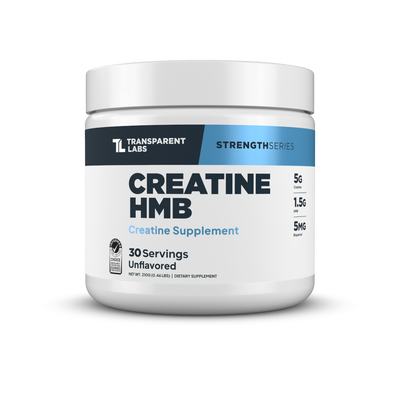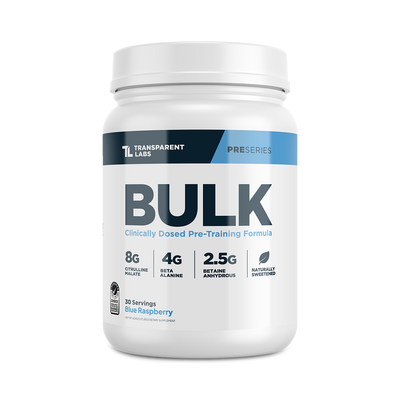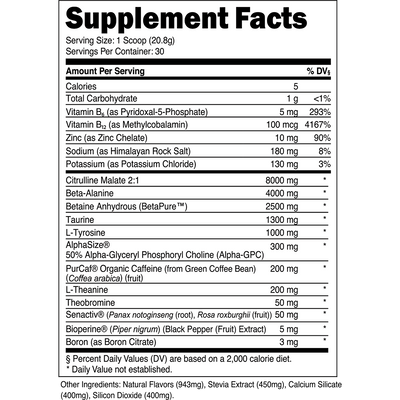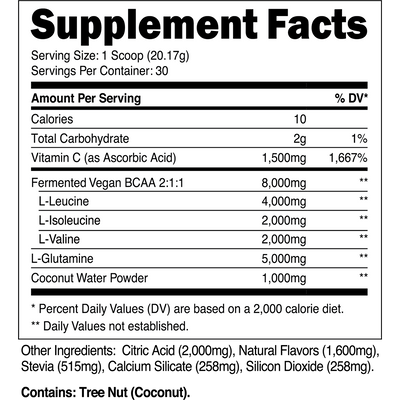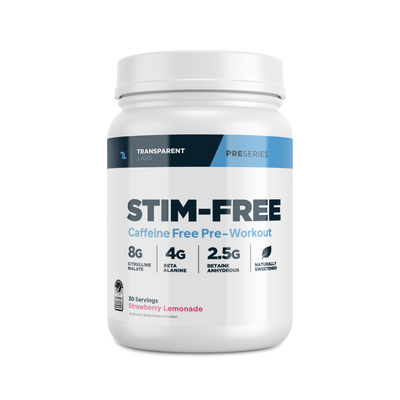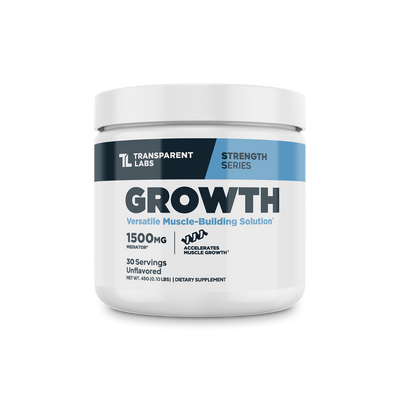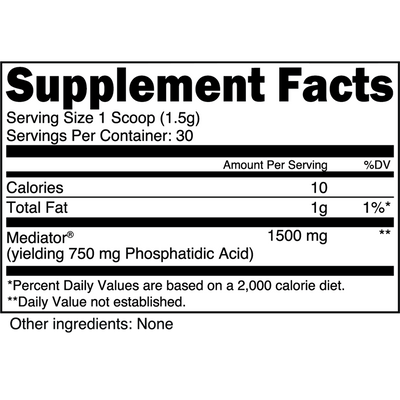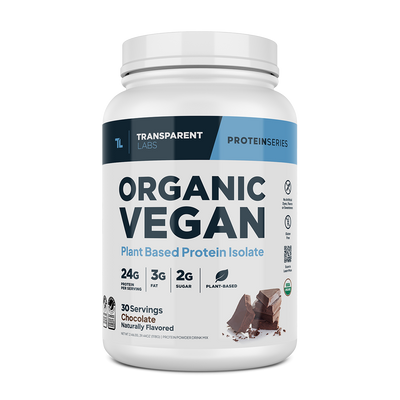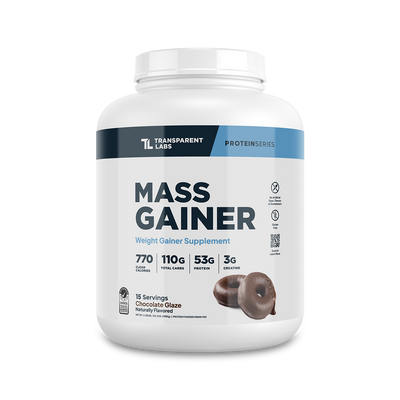
Bestseller
4.45/5.0 33 Reviews
100% Pea Protein Isolate
Plant Based Protein Isolate
Transparent Labs 100% Pea Protein Isolate is a smooth, easily digested, USDA-certified organic protein made from clean, dairy-free, gluten-free yellow peas. Each serving delivers 28 grams of plant-ba... View Ingredient Breakdown
Bestseller
Transparent Labs 100% Pea Protein Isolate is a smooth, easily digested, USDA-certified organic protein made from clean, dairy-free, gluten-free yellow peas. Each serving delivers 28 grams of plant-based protein, abundant in all nine essential amino acids and BCAAs to support muscle growth and recovery. Although Pea protein isolate is not as ‘complete’ as forms of animal-based protein, it has a relatively balanced amino acid profile, especially high in lysine, which is often low in other plant proteins like rice.
It's also virtually sugar-free, easily digested, and contains absolutely no artificial sweeteners, artificial coloring, or artificial flavoring.
No Artificial Sweeteners
No Artificial Coloring
Gluten-Free and Non-GMO
What is Pea Protein Isolate? | Pea protein isolate is simply protein isolated from whole peas. It is made by extracting the protein from whole peas, leaving behind most of the starch and sugar. |
Is Pea Protein Isolate Suitable for Vegans and Vegetarians? | Yes, our pea protein powder is ideal for vegans and vegetarians who want a simple, healthy way to increase protein intake. No milk or other animal products are used to make pea protein. |
How Do I Use Pea Protein Isolate? | Please refer to the "How to Use" section above. |
Is Pea Protein Isolate Allergen-Free? | It depends on the allergen(s) in question. While peas are generally considered to be hypoallergenic, there is evidence of type-1 allergic reactions to food products containing peas (though this is rare) [7]. |
Can Pea Protein Isolate Help with Muscle Recovery and Muscle Growth? | Absolutely! We recommend consuming 1 scoop of pea protein isolate shortly after you finish exercising to facilitate muscle protein synthesis. |
How Does Pea Protein Isolate Compare to Other Protein Sources (e.g. Whey Protein Powder)? | Pea protein and whey protein are both complete protein sources (meaning they contain all nine essential amino acids in adequate proportion). However, pea protein has a slightly lower amount of BCAAs and methionine that whey protein, so the dose of protein needs to be increased to compensate. This is why our pea protein powder provides 28 grams of protein per serving. |
Is Pea Protein Isolate Easy to Digest? | Yes, pea protein is readily digested in humans [8]. |
Organic Pea Protein Isolate | 36.6 grams | Transparent Labs Pea Protein powder features organic pea protein isolate derived from whole yellow split peas (Pisum sativum), a common dietary legume native to Eurasia. Yellow split peas are naturally rich in vitamin C, calcium, iron, magnesium, and dietary fiber.
However, the protein content of whole peas is relatively low, at just 8 grams per 100-gram portion, so consuming an adequate amount of protein from whole peas is somewhat impractical. This is where pea protein powder comes in handy since it contains mostly protein and micronutrients found in whole peas without all the carbohydrates, making it an excellent option for plant-based diets.
Like whey protein, pea protein is technically a complete protein [1]. Pea protein has a lower amount of branched-chain amino acids compared to whey protein, so a slightly higher intake of pea protein is necessary to achieve a commensurate anabolic response [2].
The major storage proteins of peas are globulins which are further classified as legumin, vicilin, and convicilin, each of which is characteristically high in the essential amino acid lysine, which is commonly lacking in other plant proteins [3]. While peas get criticized for having a low proportion of methione (another essential amino acid), this characteristic is one reason that pea protein powder is only weakly acidic—unlike animal proteins—and promotes an alkaline state [4]. Moreover, pea protein is rich in isoflavones that may play a role in reducing the risk of cancer, lowering cholesterol levels and blood pressure, and fighting inflammation [5, 6]. |









